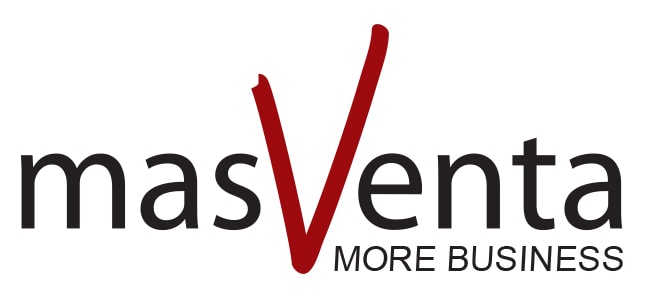Description
OVERVIEW
This extended basic course is aimed at those who wish to deal intensively and methodically with the topic of business analysis including requirements engineering, typically because they are actively involved in these activities.
The course is closely based on BABOK®, an internationally recognized guideline for business analysis.
This course is “endorsed” by the IIBA, offers 24 CDUs and can be used for the CCBA® or CBAP® exam admission. In contrast to our exam preparation courses, where you are specifically prepared with English materials for an English exam, this extended basic course focuses more on the practical application of business analysis, in German with English and German materials.
GOALS
- Document “good” requirements; clear, precise and complete.
- Use simple, handy templates to record different types of requirements.
- Use models to effectively identify requirements, analyze, document, and track these requirements to present a complete “package” to the department for approval.
- Increase project success with requirements that meet the business need.
- Reduce the need for rework by correctly identifying requirements the first time.
- Reduce gaps in understanding requirements through proper validation and verification.
CONTENTS
Module 1 – Business Analyse Principles
Basic Principles of Business Analysis
Classical Requirements Engineering and Business Analysis
Tasks performed by Business Analysts
What makes a Business Analyst successful?
Module 2 – Business Analysis Planning & Monitoring
Plan Business Analysis Approach
Plan Stakeholder Engagement
Plan Business Analysis Governance
Plan Business Analysis Information Management
Identify Business Analysis Performance Improvements
Module 3 – Elicitation and Collaboration
Prepare for Elicitation
Conduct Elicitation
Confirm Elicitation Results
Communicate Business Analysis Information
Manage Stakeholder Collaboration
Module 4 – Requirements Life Cycle Management
Trace Requirements
Maintain Requirements
Prioritize Requirements
Assess Requirements Changes
Approve Requirements
Module 5 – Strategy Analysis
Analyze Current State
Define Future State
Assess Risks
Define Change Strategy
Module 6 – Requirements Analysis and Design Definition
Specify and Model Requirements
Verify Requirements
Validate Requirements
Define Requirements Architecture
Define Solution Options
Analyze Potential Value and Recommend Solution
Module 7 – Solution Evaluation
Measure Solution Performance
Analyze Performance Measures
Assess Solution Limitations
Assess Enterprise Limitations
Recommend Actions to Increase Solution Value
BABOK® Guide
Business Analysis Planning and Monitoring
Elicitation and Collaboration
Requirements Life Cycle Management
Strategy Analysis
Requirements Analysis and Design Definition
Solution Evaluation
Underlying Competencies
PMBOK® Guide
Integration management
Scope management
Schedule management
Communication management
Risk management

